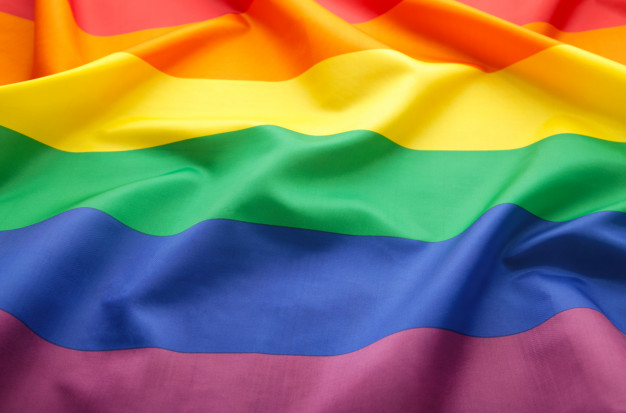Kosova is among those countries where marriages between people of the same gender are legal, while homosexuality still remains a taboo. When members of LGBT community decided to raise their voice on this topic, they faced severe physical violence from a particular group of people. These attacks served to raise the awareness of other people regarding the threats that this community in fact encounters.The continual work of several organizations and the LGBT community, made more people to openly declare their homosexuality. Even though this community remains vulnerable, significant steps have been undertaken toward creating an environment that acknowledges their rights. Online newsmagazine Kosovo 2.0 decided to break the silence of LGBT community in 2012 by publishing an entire edition about sex. This edition, among others, dealt with the problems of the LGBT community; difficulties they face when expressing their homosexuality, and the violence they encounter. Consequently, there were many disagreements, and members of the LGBT community were not only threatened, but also physically attacked during the launching of the Kosovo 2.0 magazine, at the Youth Pallace, in downtown Prishtina, capitol of Kosovo. Cristina Mari, a journalist and program manager with Kosovo 2.0. says that there were many comments after the publication of that particular edition.
“Some were coming from people not even aware of the degree of homophobia in Kosova, but there were also many who threatened us, calling us a LGBT community organization”, says Mari.
According to a report by “Youth Initiative for Human Rights” (YIRH) from November of 2013, there is a general lack of information, trainings and awareness on issues pertaining this community. Lendi Mustafa, a member of this community, says that even though they have to keep secret the location of parties and events they organize, the protection of police last only until midnight. Despite the fact that Kosovo Police had several trainings in 2007, they were not prepared for the likes of those 2012 attacks. Kosovo Police claims that following that incident, they had many trainings from the Organization for Protection of Rights of LGBT Community ‘QESH’. They also participated in the European Union sponsored project against homophobia and transphobia, in order to gain a positive and professional approach while dealing with incidents where LGBT community members are included. Trainings were also held in Netherlands. QESH, CSGD, and CEL have various cultural activities that support the LGBT community. Every year, QESH organizes “Diversity Week” with different activities such as conferences or exhibitions regarding this community, in the course of four days.
“Last year we organized an evening during which we expressed our talents, aiming at saying that we are not identified as an LGBT community, only”- says Lendi.
During this year’s ‘Diversity Week’, “QESH” has also presented its report on the experiences of the LGBT community in Kosova. In 2014 they conducted a survey with 203 persons, and in 2016 interviewed 83 members of this community. QESH agrees that there have been positive changes toward creating a safe environment for the members of this community. While 60% of the respondents from the 2014 survey stated to have been discriminated at least once, in 2016 this number was lower than 53%.
However, according to this report, with the rising visibility of the LGBT community, there was an increased fear of discrimination within the sample in this survey. While in 2014, 65% of the interviewees had stated that they were scared of discrimination, in 2016 this number reached 60%. Sociologist, Linda Gusia says that the work of different organizations indicates a mobilization, albeit we can still be considered a homophobic society.
“However, recently more people openly talk about their sexuality. The reason why a part of the society does not accept this as an inevitable phenomenon is because homosexuality has been kept hidden, though the truth is that there is a degree of homosexuality in each society”, adds Gusia.
According to Ledi, the attitude of the media has changed lately. They are using a more acceptable vocabulary, and are more neutral regardless of their personal views regarding this community. Marches organized in Prishtina are some other steps that have been taken in supporting this community. Politicians, among them, Hashim Thaçi, Atifete Jahjaga, and Ulrike Lunacek participate in the last march. According to Gusia, these marches help the LGBT community for they show support and tolerance.
Bulza Çapriqi








